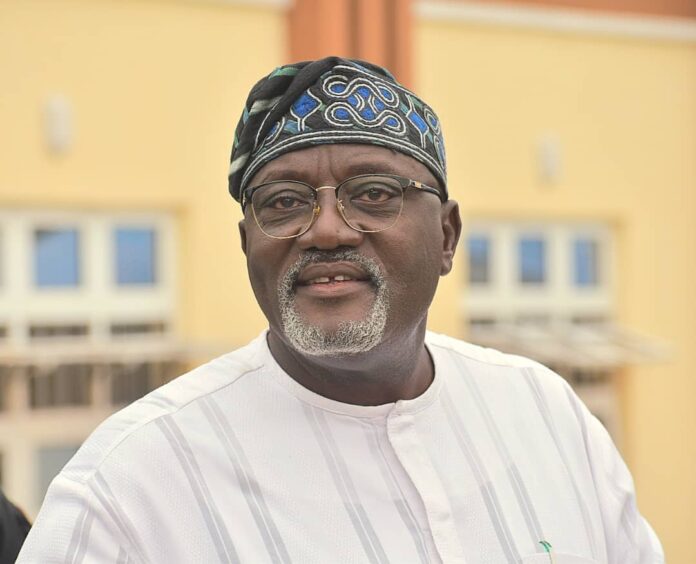No fewer than 80 artisans from across the 33 Local Government Areas of Oyo state have benefited from a five-day virtual digital skills training organised by the member representing Ibadan North-West/Ibadan South-West Federal Constituency of Oyo state in the House of Representatives, Hon. Adedeji Dhikrullahi Stanley Olajide, in collaboration with the National Information Technology Development Agency (NITDA).
The training which was held during the week, formed part of Hon. Olajide’s constituency project and was designed to equip participants with essential digital competencies for productivity and inclusion in the fast-evolving technology-driven economy.
The participants were exposed to modules on digital communication, collaboration and content creation, technology for social well-being, inclusion and the use of digital tools for environmental protection, among others.
Speaking at the closing session of the training, which was also held virtually, the two-term federal lawmaker emphasised the need to institutionalise digital law clinics, judicial capacity building programmes and regional cybercrime courts to tackle the growing menace of cybercrime in Nigeria.
Olajide, who lamented the increasing involvement of young Nigerians in internet related crimes, stated that initiatives such as the digital skills training were designed to empower youth to earn decent livelihoods through legitimate means, rather than as an avenue to perpetuate cybercrime.
He, however, decried the fragmentation among the institutions responsible for addressing cybercrime in Nigeria. According to him, poor coordination, overlapping mandates and inter-agency rivalry among bodies such as the Economic and Financial Crimes Commission (EFCC), NITDA, the Office of the National Security Adviser (ONSA) and the Nigeria Police Force (NPF) continue to undermine the effectiveness of the nation’s cybercrime response.
“With such institutional bottlenecks in today’s interconnected digital ecosystem, where cybercrimes often involve actors, servers and financial intermediaries across multiple jurisdictions, Nigeria’s failure to ratify the Budapest Convention on Cybercrime despite being a signatory hampers its ability to engage in transnational investigations, intelligence sharing and evidence gathering,” Olajide said.
The lawmaker maintained that for Nigeria to effectively protect its digital sovereignty and empower its citizens in the digital age, strong legal frameworks, coordinated institutional action and youth focused empowerment programmes must be prioritised.






